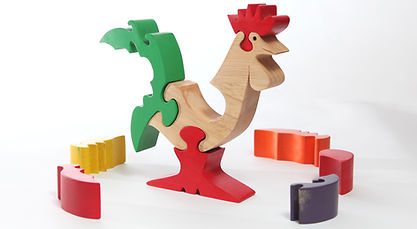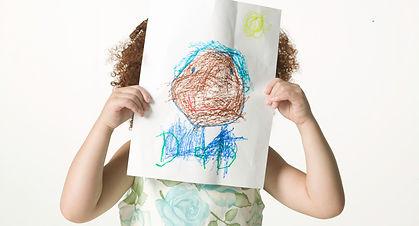Play Therapy

What is Play Therapy?
Play Therapy is the process used between a child and a ‘Play Therapist’ to help a child aged 3yrs to 12yrs to better understand their muddled feelings and upsetting events. Instead of using words to express their feelings as in adult therapy, children use play to explore their feelings at their own level and at their own pace without feeling threatened and interrogated. This is carried out in a counselling space, which includes toys that have been specifically chosen to encourage this expression of feelings and streamline the learning of healthier behaviours.
How does Play Therapy help my child?
Play has consistently been proven neurologically to promote a child’s social, emotional, cognitive, and language development. Children use play to understand the world around. When play is combined with professional emotional support it can enable a child to safely explore and learn more about their thoughts and feelings.
During play therapy children sometimes re-enact difficult events in order to make sense of their past experiences and learn how to cope with future experiences. Children can learn how to manage conflict and relationships in a more suitable way.
The outcomes of Play Therapy may be:
-
Healing from Past Stressful or Traumatic Experiences is Enabled
-
The Expression of Feelings is Encouraged
-
Creative Thoughts and New Ideas are Developed
-
The Development of Healthy Decision-Making Skills is Facilitated
-
The Child is Taught How to Communicate Problems and Concerns to Others
-
New Ways of Thinking and Behaving are Learned

What will happen in my child’s Play Therapy sessions?
The Play Therapist will have a variety of toys, which are typically just miniatures of things that occur in “real life” (people, animals, cars, fantasy figures, etc.) along with puppets, stuffed toys, dolls, articles of dress and props for dressing-up and make believe play, art supplies, blocks, and sometimes items for indoor active games. These toys are used to facilitate expression without requiring the verbalisation of issues which a child may not be able to talk about.
What does a Play Therapist do?
A Play Therapist has undergone training in the areas of child development and attachment (the bonding process). They have received training in how to use play as a way of understanding and communicating with children about their thoughts, feelings and behaviours.
Before the therapy has begun, they will carefully listen to your concerns about your child and family. They will review your child’s history and hear about any stresses that the family have experienced, so that they can help your child make sense of it.
It may be that they require information from any other important adults in your child’s life, such as from school. They will also wish to understand your child’s strengths as well as their difficulties.
They will discuss with you about what to tell your child about Play Therapy and how to anticipate and answer to your child’s questions.

How long does Play Therapy take?
For some children a course of short term therapy, for example up to 12 sessions will be helpful. However, when the problems are complex and have continued over an extended period of time, longer term therapy may be required. In these situations, Play Therapy for 2 years or more may be required. The sessions are once per week, at the same time and place, as consistency is very important for the development of a trusting therapeutic relationship. Unplanned missed therapy sessions may disrupt the progress.
Why is the therapeutic relationship an essential part of the Play Therapy?
In order for the child to easily communicate his/her thoughts and feelings, it important that a therapeutic relationship develops between your child and the therapist. This way your child will feel comfortable, safe and understood. It also imperative that your child knows that you are supportive of the Play Therapy process.
Will the Play Therapy be confidential?
Information shared about your child and family will usually be kept confidential. In order to benefit your child’s progress, a therapist will with your permission, share information with other colleagues. If the therapist is concerned that a child is being harmed, hurting others or themselves, they will share information with other professionals. They will normally discuss this with you first.
Your child’s Play Therapist will meet with you regularly to discuss progress in therapy sessions, as well as any changes and developments you have observed or experienced at home. However in order to sustain your child’s trust and feelings of safety with the therapist, it is important that the Play therapist does not disclose particular details of what your child has played.
What can I do to help?
You are imperative in supporting your child through the Play Therapy process:
-
Be consistent and encouraging to your child about attending sessions regularly.
-
Please resist the urge to ask your child what they did during the sessions, as this will put pressure on them to talk about something that they have difficulty understanding themselves.
-
Please don’t ask your child to ‘be good’ or check that they have been. Therapy is not about being ‘good’ or ‘bad’, and your child must feel free to express ‘bad’ feelings in an unrestricted way.
-
Don’t insist that you child tell certain things: it is their time and they must feel free to express themselves at their own pace. Instead tell your concerns to the therapist on a separate occasion.
-
Play can be messy and it is helpful if your child can wear old clothes to minimise their anxiety about this.
-
During any therapeutic process behaviour may appear to get worse before it gets better – please discuss any concerns you may have about your child. Please also ask your child’s Play Therapist any questions throughout the process.

